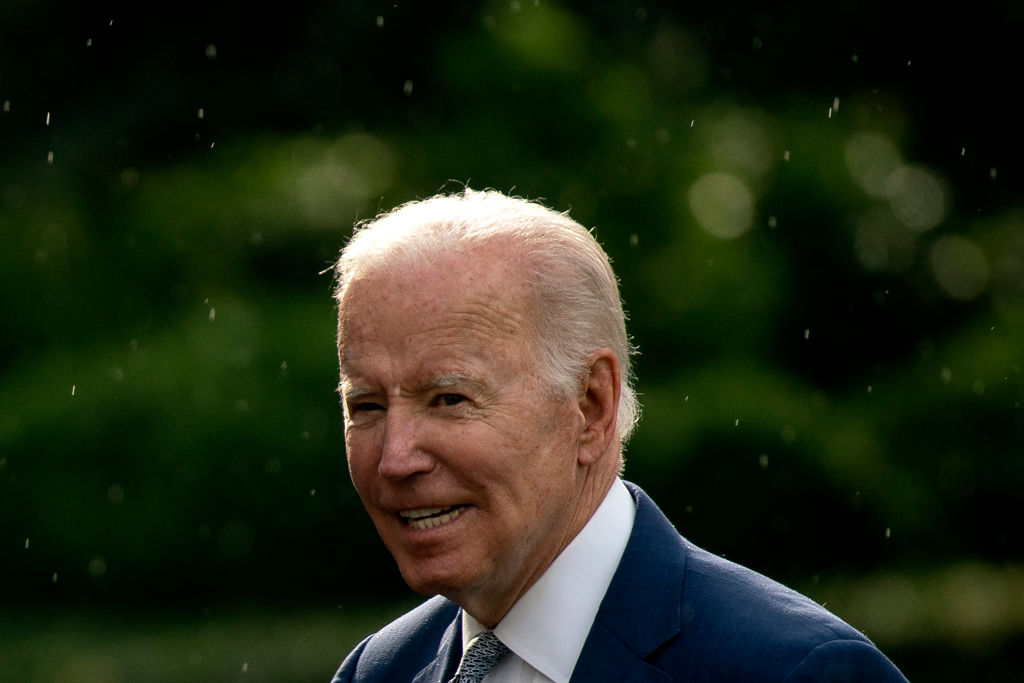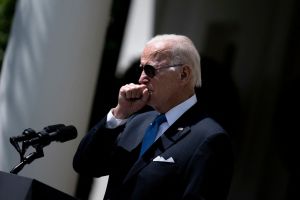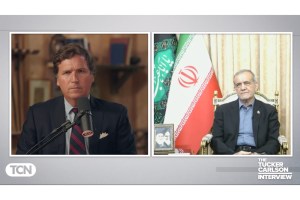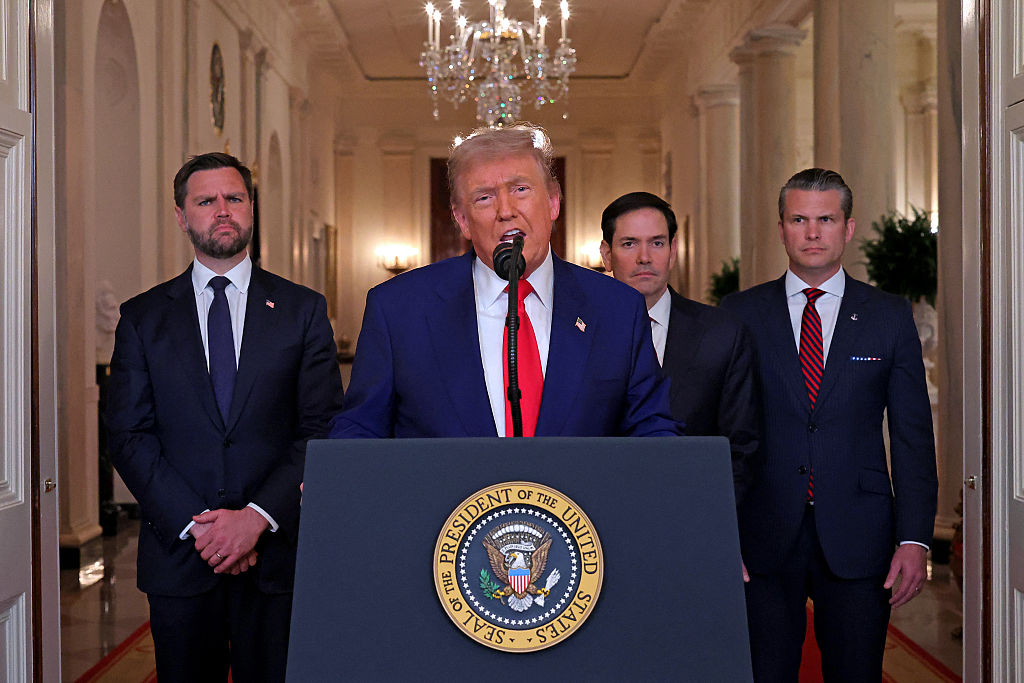When news broke that President Biden was planning a trip to Saudi Arabia to visit the crown prince Mohammed bin Salman (known as MbS), members of his party were horrified. Representative Adam Schiff, the chairman of the House Intelligence Committee, was especially disturbed and recommended the White House cancel it outright. “I wouldn’t go. I wouldn’t shake his hand,” Schiff told CBS on June 5. “This is someone who butchered an American resident, cut him up into pieces in the most terrible and pre-meditated way.”
That resident was Jamal Khashoggi, a former Saudi royal family insider who used his perch as a columnist at the Washington Post to raise awareness about the crown prince’s ruthless ways. Khashoggi would be caught in a Saudi government ruse, tricked into coming to the Saudi consulate in Istanbul to sign marriage papers, only to be summarily killed and dismembered by hitmen close to MbS’s inner circle. President Biden, who promised to avenge the murder during his campaign, declassified the US intelligence community’s assessment of the killing a month after he was sworn in, laying responsibility on the kingdom’s de facto ruler.
Now, nearly a year and a half later, Biden is apparently forgetting about the whole “I’m going to turn Saudi Arabia into a pariah” thing. The president’s trip to the kingdom will come at the tail end of a three-day trip to the Middle East beginning on July 13. Needless to say, the sojourn to Riyadh will be the most controversial travel engagement of his tenure. This is the same president who, after all, claims to be putting human rights at the center of US foreign policy. Opponents of the visit argue that a face-to-face with one of the world’s most notorious murderers is the very essence of hypocrisy. How can the world take Washington’s rhetoric about human rights seriously when US officials will jettison their own principles at the first opportunity?
The administration takes issue with this characterization. American officials cite Biden’s decision to ban dozens of Saudi officials involved in cracking down on dissent from entering the United States. The personal assets of individuals like Ahmed al-Asiri, the former head of the unit that executed Khashoggi’s murder, have also been frozen. Others make the case that the president doesn’t have the luxury of picking and choosing his Saudi interlocutors. Because MbS could potentially rule Saudi Arabia for decades, Washington needs to find a way to live with him. The US has a comprehensive agenda with Riyadh, a National Security Council spokesperson told CNN last week, including ensuring reliable energy supplies, punishing Russia for its war in Ukraine, and reinforcing a budding strategic partnership between Israel and Saudi Arabia.
True enough. As of this writing, Brent Crude oil prices are at $122 a barrel, up 40 percent from this time last year. Gas prices in the United States are averaging just north of $5 a gallon, adding financial pain to the highest inflation rate in four decades. Despite a European ban on Russian oil imports, Moscow continues to pump high volumes, taking advantage of high energy prices in the process (the Russians have scooped up $97 billion in fossil fuel revenue since late February). The prospects of an Israeli-Saudi normalization accord would also be a significant diplomatic achievement for the Biden administration. The White House imagines what can be accomplished with a trip to Riyadh and starts salivating like a guard dog with a bone.
The world’s energy problems, however, aren’t likely to be solved after a single meeting between Biden and MbS. The old days, when the US provided the kingdom with protection in return for consistent oil supplies on the global stage, is undermined by the fact that Washington and Riyadh are now competitors in the energy market. While the Saudis may agree to increase output at the margins, the impact on oil prices would be marginal. Indeed, from the kingdom’s vantage point, increasing output doesn’t make a lot of sense. In general, higher oil prices translate into greater profits for Aramco, the Saudi state oil company, which saw its income balloon by 124 percent last year. Crown Prince Mohammed’s lofty plans of turning Saudi Arabia into something other than an oil reservoir depends, ironically, on tapping revenue generated by the oil industry. So stabilizing oil prices not only hurts Aramco’s bottom line but could potentially slow MbS’s own economic modernization drive.
Then there’s the issue of what Riyadh will demand in return for more oil output, assuming, of course, Saudi leaders green-light more production in the first place. The Saudis aren’t going to simply boost output out of the kindness of their hearts. The royal family recognizes that isolating Russia is now one of Washington’s foremost foreign policy priorities, so MbS is likely to request some tangible US security guarantees in return. Those guarantees could include more deployments of US missile defense systems to the kingdom or the deployment of additional US military assets in the Persian Gulf. The latter would compromise the Biden administration’s own national defense strategy, which labels the Indo-Pacific as the region of most consequence to American security interests.
Regardless of the strong feelings surrounding a Biden-MbS conference, the meeting itself is not the core issue. It’s the meeting’s outcome that will be most important. Let’s hope Washington has done its homework.

























